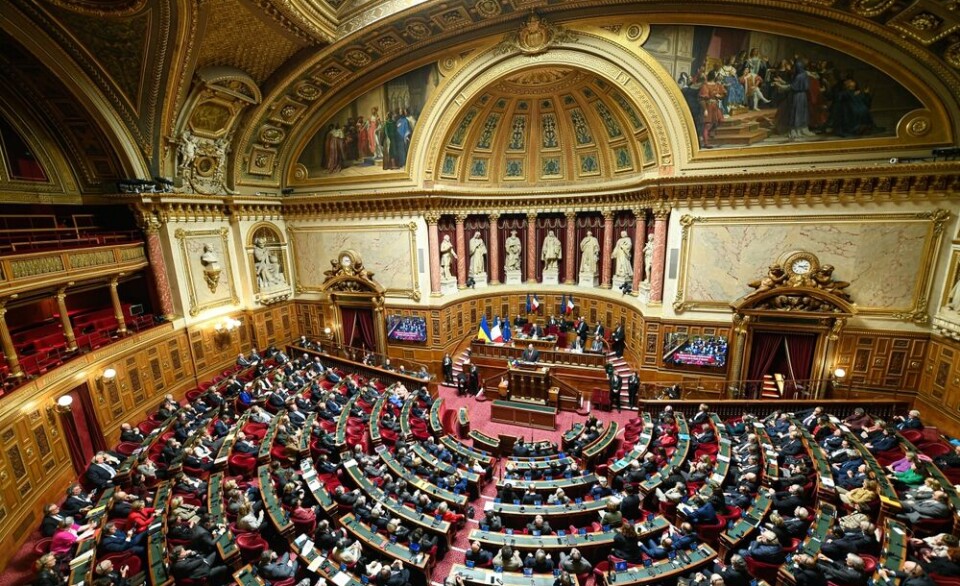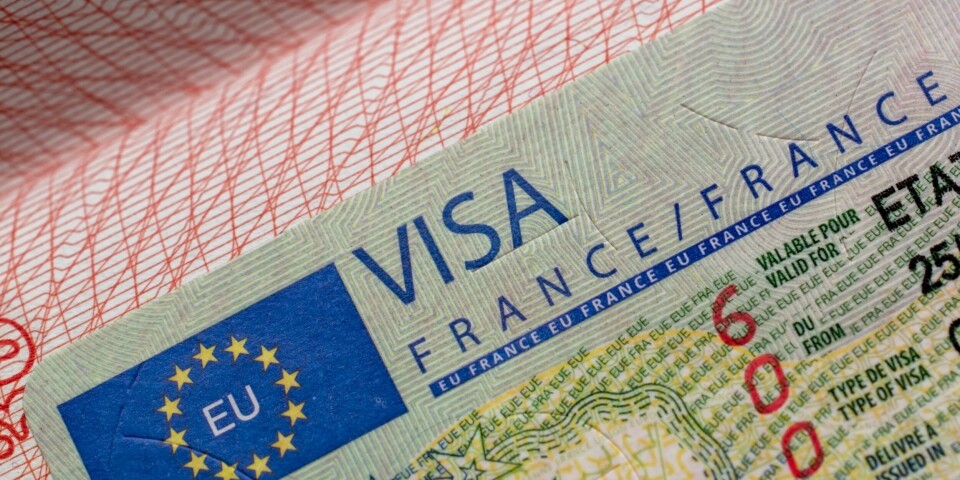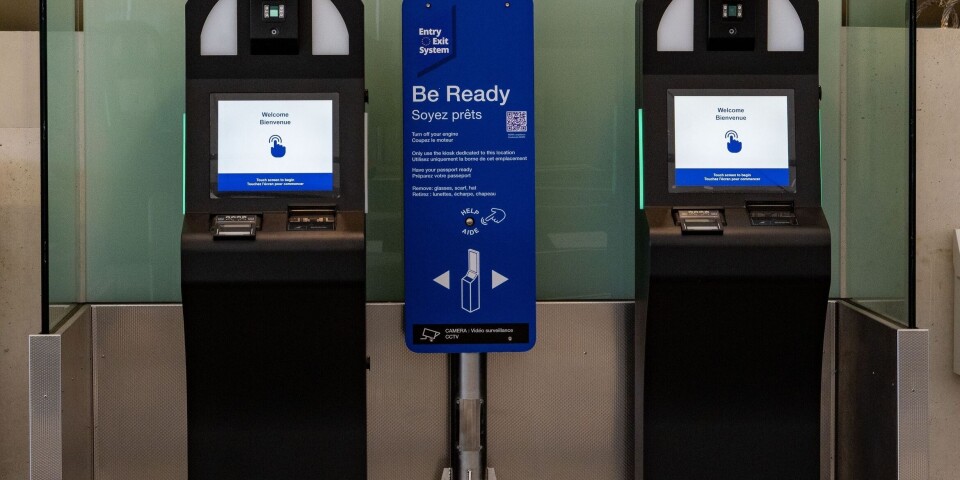-
2025 small business VAT reform definitively cancelled after Senate vote
New 2026 proposals remain on table but likely to be struck out as MP debates get underway
-
Graph: Record international investment in France announced
France is ‘most attractive' European country for investment says government
-
What are the jobs you cannot do in France with ‘auto-entrepreneur’ status?
The status offers tax and administrative advantages, but has strict rules about the professions allowed
Business set-up options in France
My son and his partner arrive shortly in France to settle during the Brexit transition period. They will continue working for their UK employers for one or two years (my son is in his current employment and his partner switching to freelance) and intend buying a house with gîtes. Is there a choice of the type of French regime? R.W.

If they are coming to France and intend to remain employed by a UK company, their employers need to be very careful as the French tax authorities might assume that the UK companies for which they work will have a theoretical office in France from which each will be employed, with French tax and social charges applicable (unless they are “posted” to France on secondment, which may not be possible from the UK after the transition period).
However, this is a very complicated area and professional advice would be appropriate.
As to any self-employment options, it depends on the kind of work and the level of income and expenses. There are three possibilities:
Micro-social with versement fiscal libératoire (auto-entrepreneur): This simple business set-up, not available for all activities, involves social charges and tax levied monthly or three-monthly at fixed rates on turnover.
In theory, the rates are beneficial, but it may not be the best option if expenses are high. Then there is the ordinary micro system involving tax on a percentage of the income after a set allowance for expenses, which varies depending on business category.
Finally, there is standard accounting, with income tax at the banded rates applied after deduction of “real” expenses, and social charges taken at a standard amount of around 34% in all.
Speaking to a professional and providing specific details will help ensure the right choice.
























